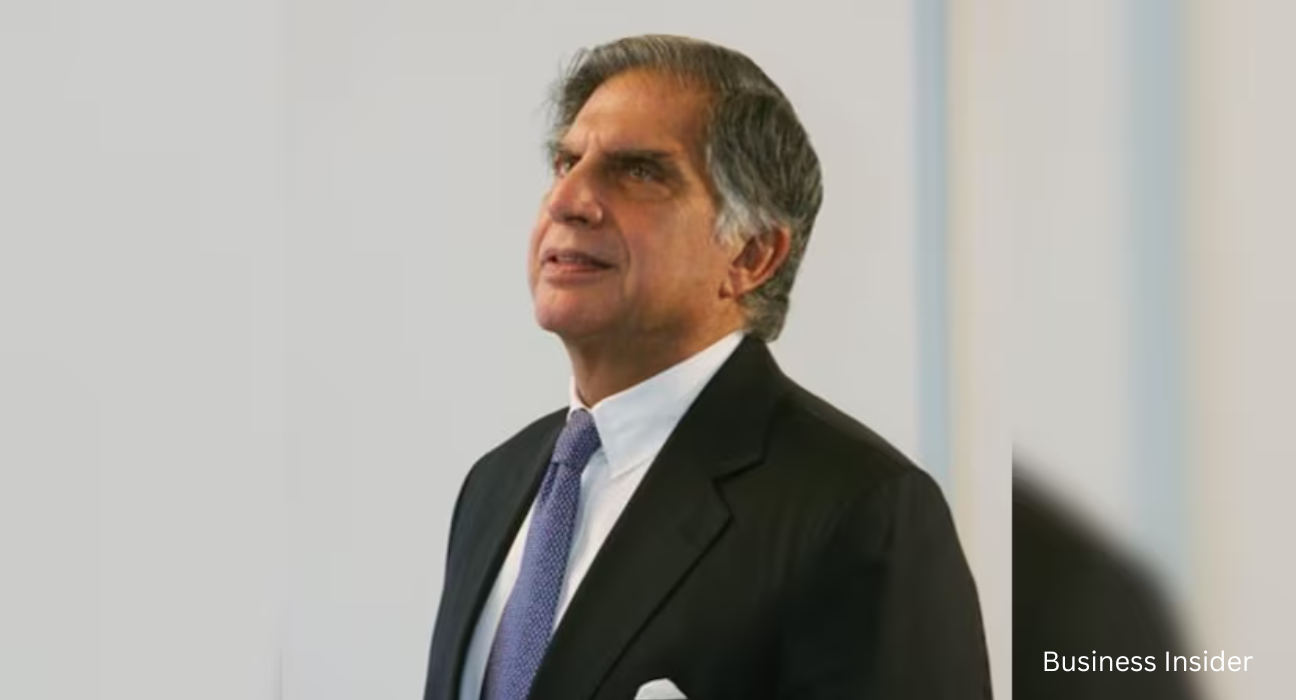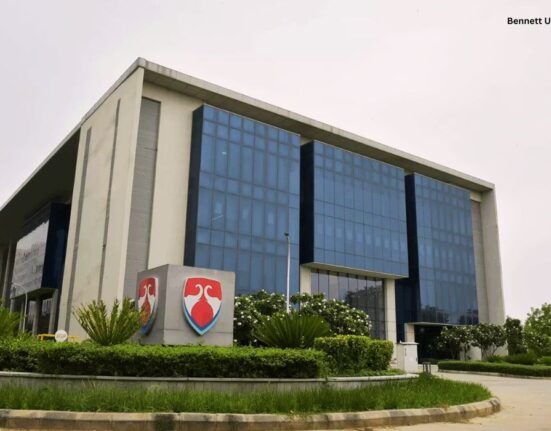With the death of Ratan Tata on 9th October 2024, the world has lost one of its icons. His death is marked by the closure of an era, yet the legacy he has set new ways forward for the Tata Group as much as it does in the Indian and global landscape of businesses.
He was born on 28 December 1937 in Mumbai, India. He took over the rich legacy of the Tata Group from his grandfather, Jamsetji Tata. Once he reached power in 1991, he led the company through some of the most extreme changes in the world economy, globalization, and expansion. He was empathetic, strategic, and unabashedly socially responsible.
The company multiplied several folds under Ratan Tata’s management. He brought in deals as massive as Jaguar Land Rover and turned the group into a titan by taking care of this body. What put him apart from the rest, though, is his tender approach to things. According to him, businesses must consider all stakeholders from shareholders to employees and the community.
Probably one of his most ambitious projects was the Tata Nano project elegantly crafted maneuver towards making relatively affordable cars available to millions of Indians. Though the project was executed on tough grounds, it undoubtedly reflected his deep understanding of every single problem that many faced. His apt attention to innovation with a purpose showed how empathy can drive business decisions into a meaningful arena.
In the wake of the 2008 Mumbai attacks, he sprang into action to cater to his employees as well as the residents in the area to cement his position as a humanitarian leader. He took measures to ensure adequate relief was supplied to the areas that needed it most, thus fulfilling one of his commitments to their welfare.
Read More: Signs You are Born to be a Leader, According to Psychology
Tata also promoted ethical business practices. He always laid huge emphasis on the need for transparency and integrity in this world. He reminded many more in the business of their responsibility to society. His saying captures his belief that companies should contribute to the greater good: “We are in business to serve our communities.”
Knowing that sustainability was vital, Tata initiated programs to control the environmental footprint of the Tata Group. His vision was inextricably linked with business and, by the same token, was a moral commitment he made to Earth for upcoming generations. His leadership has inspired generations of young leaders and is something to grow upon. His humility and ability to easily connect with people made him a role model, which was further underlined by constant reminders about empathy being central in matters of leadership. He stressed understanding and caring for others.
As reports of his passing spread, tributes have continued to flow in from leaders, business figures, and ordinary people who, inspired by him, were not only a successful businessman but a visionary who understood the power of empathy in creating good.
Ratan Tata leaves behind a legacy—a reminder that success is not only making good profit but also positively impacting society. In his memory, we are encouraged to lead with integrity, to serve with compassion and to work towards a better future. The loss of Ratan Tata is really deep but his teachings will continually guide the future. His life reminds us of the importance of empathy in a leadership legacy that will carry well beyond him.













Leave feedback about this